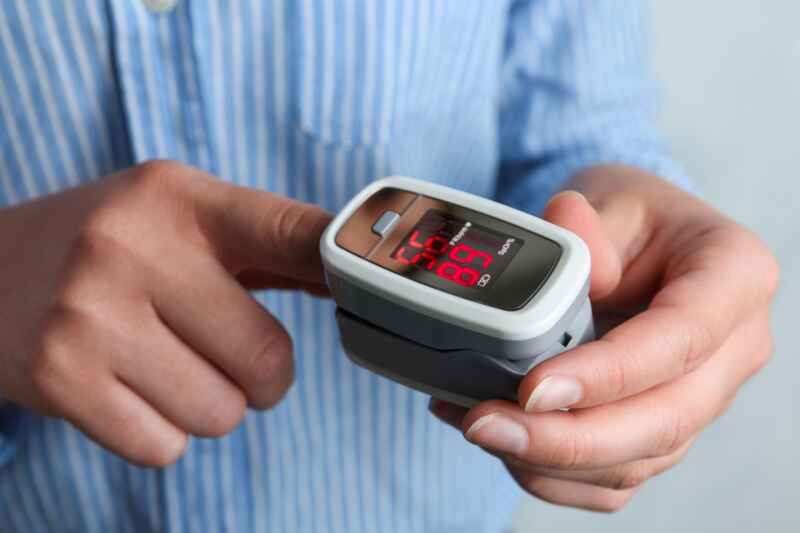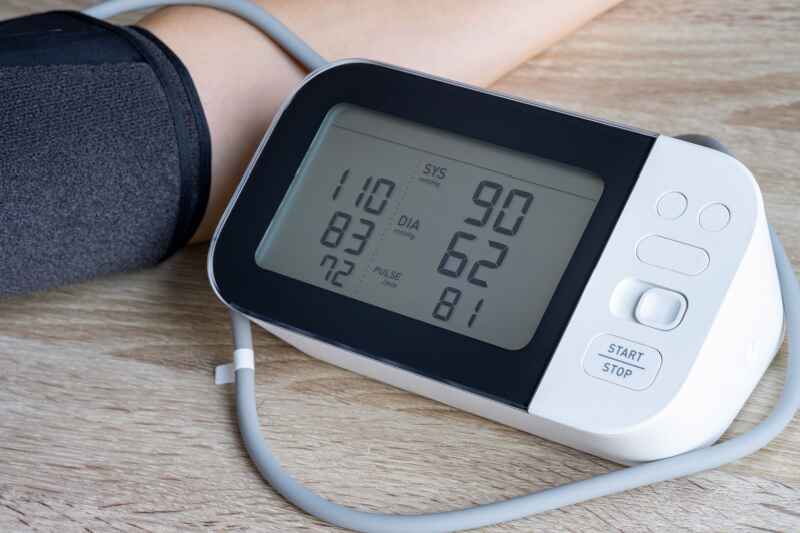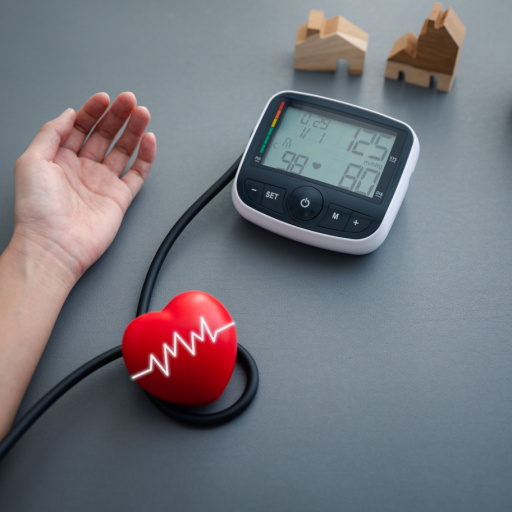Did you know a regular heart rate is around 60-100 beats per minute (bpm)? However, our heart rate can also decrease. Known as bradycardia, it is a health condition where your heart rate is lower than normal.
While in some cases, a low heart rate is not a cause of concern, in some cases, bradycardia can also be a sign of an underlying medical condition.
What you need to know:
- What is a low heart rate?
- What causes a low heart rate?
- When should you worry about a low heart rate?
- How to reduce the risk of developing heart disease?
What is a low heart rate?


However, sometimes bradycardia is caused by an underlying medical condition and may not cause any symptoms. It means your natural pacemaker is not working right, or its electrical pathways are disrupted.
In severe forms of bradycardia, your heart beats so slowly that it cannot pump enough blood to all the organs in your body, including the brain. This can cause severe symptoms and can be life-threatening.
Here are some of the symptoms of bradycardia that you can experience:
- Low stamina
- Lethargy
- Dizziness
- Weakness
- Chest pains
- Memory and cognitive issues
- Chest pain and sudden heart palpitations
Borderline or occasional bradycardia may not require medical care. However, prolonged bradycardia may need medical intervention. The doctor decides your treatment path on a case-to-case basis. If you want to know when to worry about low heart rate, recognize the symptoms of bradycardia.
What causes a low heart rate?


Heart malfunction
The most common cause of a low heart rate is problems in your sinus node. It is responsible for controlling the speed of pumping blood throughout your body. When the sinus node slows down, it gives rise to several health complications, like heart malfunction and poor blood circulation.
Age
Age contributes significantly to bradycardia. After 65 years, the functional capacity of our hearts decreases.
When should you worry about a low heart rate?


If you want to know when to worry about a low heart rate, be mindful of your condition and talk to a health expert. Most low heart rate cases are not life-threatening. However, if your doctor feels the need, he will use an EKG (electrocardiogram) to understand the electrical signals in your heart to check their efficiency. Once the treatment path is devised, the doctor will prescribe certain medications or implant a pacemaker to fasten the heart rate. However, there is no reason to be concerned, as even super-fit people have heart rates around 60 bpm.
How to reduce the risk of developing bradycardia?
You can reduce the risk of bradycardia by making lifestyle changes:
- Get regular exercise
- Perform yoga exercises
- Consume a balanced diet
- Quit smoking and drinking
- Control your blood pressure levels
Most of us have experienced a fast heart rate due to anxiety or excitement. But a slow heart rate can also come with health risks. Now you know when to worry about low heart rate and how to take adequate measures against it.
Stay tuned to the Activ Living Community. Keep up to date with the latest health tips and trends through expert videos, podcasts, articles, and much more in nutrition, fitness, mindfulness, and lifestyle conditions like Asthma, Blood Pressure, Cholesterol, and Diabetes.
You may also be interested in the following blogs:
- Top 4 Benefits Of Beta-Blockers For Heart Health
- From Heart Health To Weight Management: 5 Incredible Health Benefits Of Oats
Popular Searches
How to lower blood pressure | Fruits good for liver | Unhealthy foods | Ragi Benefits | Basal Metabolic Rate | Acupressure points for High Blood Pressure | Ayurvedic medicine for blood pressure | How to control cholesterol at home | Homeopathy for Asthma | Biological Age | Home remedies for TB | Natural beta blockers | Negative effects of internet | Types of walking | Blood pressure calculator | Blood sugar calculator | BMI Calculator
















